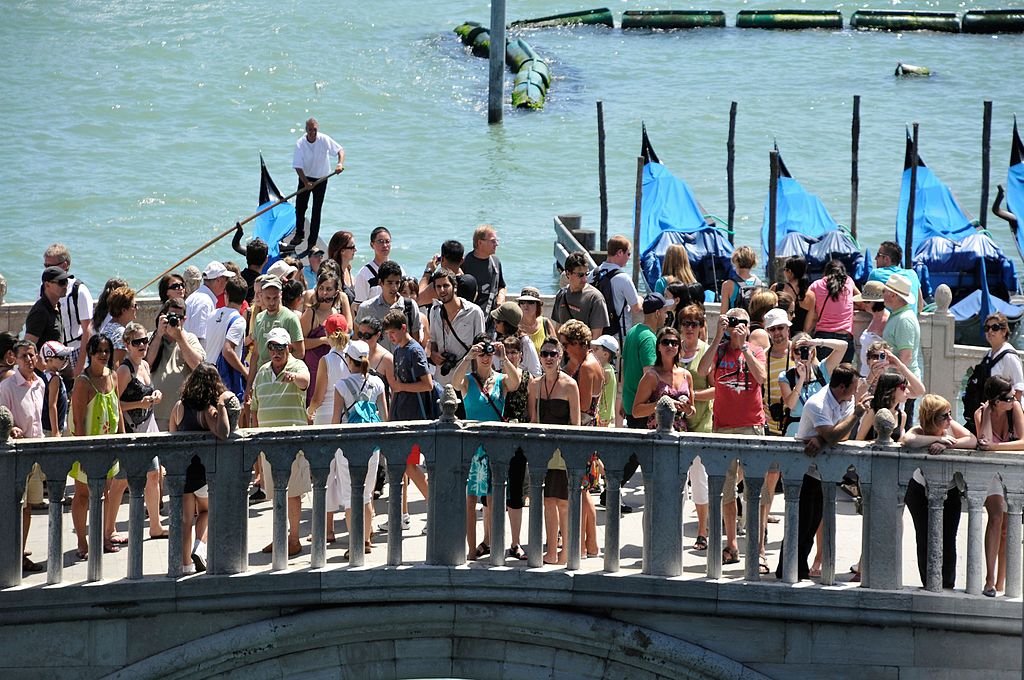Sustainable tourism is not working: academic

Freya Higgins-Desbiolles, Senior Lecturer in Tourism, University of South Australia, asserts that “economic growth trumps environmental limits, so sustainability remains elusive”.
She cites British environmental activist George Monbiot’s criticism that “sustainable development” has morphed into “sustained growth” and that little resolve exists to go beyond rhetoric.
Most people who have travelled, and practically everyone who works in tourism, would be able to think of examples of tourism destinations that have become victims of their success by losing at least some of the qualities that made them attractive to travellers in the first place.
Examples cited by Higgins-Desbiolles include Venice, whose residents have accused tourists of “destroying their city”; Barcelona, whose government has passed legislation to limit new tourist accommodation due to similar concerns of citizens; and the Galapagos, whose mass tourism industry is threatening its main attraction, the iconic wildlife.
“Ironically, tourists even want to tour Antarctica to see its pristine environment before it disappears (“last-chance tourism”),” she writes. “This is despite their impacts contributing to global warming and threatening this last wild place.”
Nevertheless, Higgins-Desbiolles is hopeful: “In a world in which growing populations with endless consumer demands are pitted against a fragile environment” the tourism industry can be “made more sustainable”.
She proposes several measures:
- Governments must implement policies that foster sustainable development by overcoming the growth fetish.
- Consumers should be educated for responsible travel choices.
- Local communities must have the right to participate in tourism decision-making, including if and how tourism proceeds.
- Tourism workers must have their rights respected and offered decent conditions.
- The industry itself needs to assume greater responsibility, submitting to local tax regimes and regulations. (The “Good Tourism” Blog would add that the industry needs to self-regulate to pre-empt regulations, and even to propose sensible policy to ensure sustainability.)
- Non-governmental organisations should be free to report on the abuses of tourism.
“Harnessing these essential stakeholders in a rigorous agenda for sustainable development, rather than sustaining tourism, would make the UN’s “year” more meaningful,” concludes the author.
Full article at The Conversation.
Related posts





